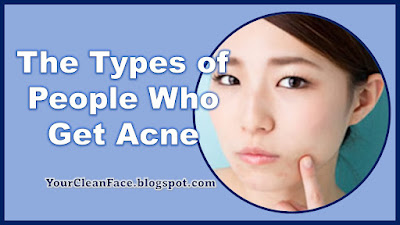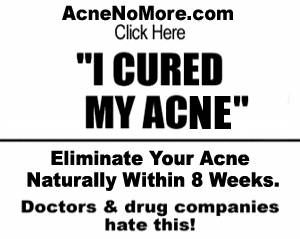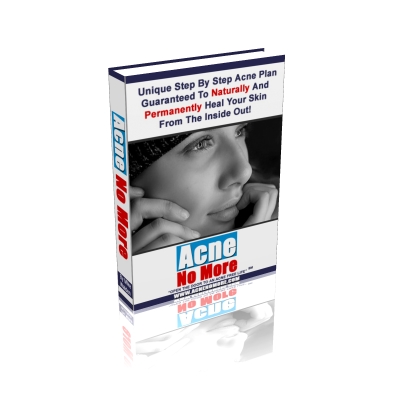Acne: Exploring the Causes and Influencing Factors
Acne is a prevalent skin disorder that impacts countless individuals
worldwide. Characterized by an excessive secretion of sebum from the hair
follicles, acne becomes a breeding ground for dust and bacteria, leading to
its development.
Acne knows no boundaries and can affect individuals of all ages and races.
However, it is particularly prominent among adolescents. Research suggests
that nearly 85 percent of teenagers and young adults between the ages of 12
and 24 experience acne to varying degrees.
The Role of Hormonal Changes in Acne Development
During adolescence, hormonal fluctuations trigger the sebaceous glands,
attached to the hair follicles, to produce more sebum. Consequently, an
increased amount of sebum is secreted, exacerbating the likelihood of acne
formation.
The Vulnerable Years: Acne in Adolescence
The ages between 10 and 13 mark the peak vulnerability to acne among young
individuals. Typically, acne persists for 5 to 10 years, although cases exist
where acne persists into later stages of life.
Hygiene and Its Influence on Acne
Maintaining proper hygiene is crucial in preventing acne. Bacterial exposure
resulting from inadequate face cleansing and sleeping without cleansing can
significantly increase the risk of acne development. Similarly, using unclean
pillowcases can elevate the likelihood of acne breakouts.
The Role of Genetics in Acne Predisposition
Acne can also be hereditary, making individuals with a family history of acne
more susceptible to developing the condition.
Medications and Acne Breakouts
Certain medications, such as those prescribed for epilepsy and depression, may
elevate the risk of acne breakouts.
Gender Disparities in Acne
Both men and women experience acne, but men are more prone to severe and
long-lasting forms of the condition. Consequently, women tend to seek more
frequent dermatological consultations than men.
Hormonal Influences: Intermittent Acne in Women
Women often experience intermittent acne due to hormonal changes accompanying
their menstrual cycle. Additionally, excessive use of cosmetics can contribute
to this type of acne. Some cosmetics, particularly those that are not oil-free
or non-comedogenic, can clog pores and lead to acne formation.
Perioral Dermatitis: A Women's Predicament
More women than men suffer from perioral dermatitis, characterized by the
appearance of small pustules and papules around the mouth and chin.
Skin Irritation and Acne Development
Wearing tight-fitting hats, backpacks, jeans, or any gear that causes skin
friction can lead to skin irritation and, eventually, trigger acne formation.
Acne Rosacea: A Middle-Aged Predicament
Middle-aged adults are more prone to Acne Rosacea, which manifests as a
flushed face and red nose due to inflamed bumps.
Infantile Acne: A Transient Condition
Newborn babies can develop mild acne known as infantile acne, which is caused
by fetal hormones. Fortunately, this type of acne typically disappears after a
few weeks.
Acne Conglobata: A Severe Form in Men
A severe form of acne, known as Acne Conglobata, primarily affects men. This
advanced form of nodular cystic acne vulgaris can extensively impact the face,
chest, and back.
Acne Across Races: Higher Occurrence Among Caucasians
Studies reveal that acne occurs more frequently among Caucasians compared to
individuals of other ethnic backgrounds.
Understanding the Diversity of Acne
As a widespread skin disorder, acne affects a broad spectrum of individuals, regardless of age, race, or gender. By comprehending the
underlying causes and predisposing factors, we can develop effective
strategies for prevention and treatment, ensuring healthy and radiant skin for
all.
Stop being deceived! Discover the shocking truth about acne, drugs, creams,
and the only path to lasting freedom from acne. Get the FACTS on how to
naturally and permanently eliminate acne and achieve a clear and lasting
complexion without wasting your hard-earned money on medications and
prescriptions. Click here -> [AcneNoMore.com]


















0 Comments